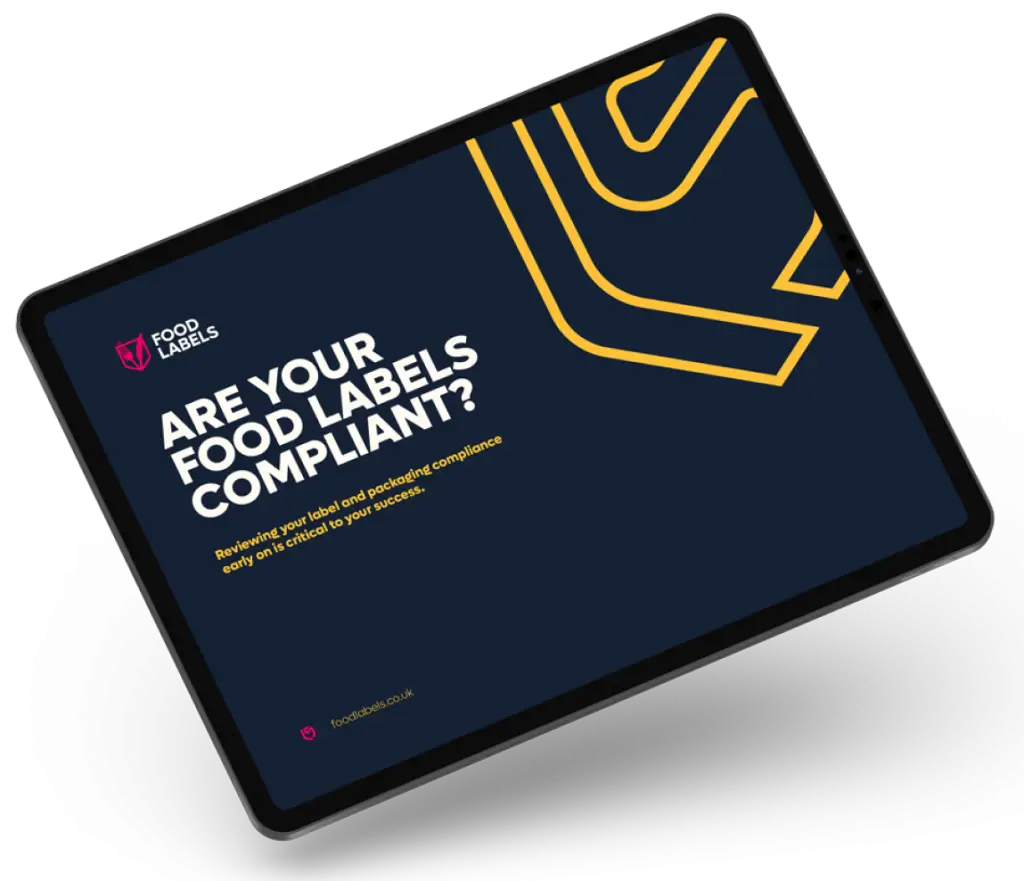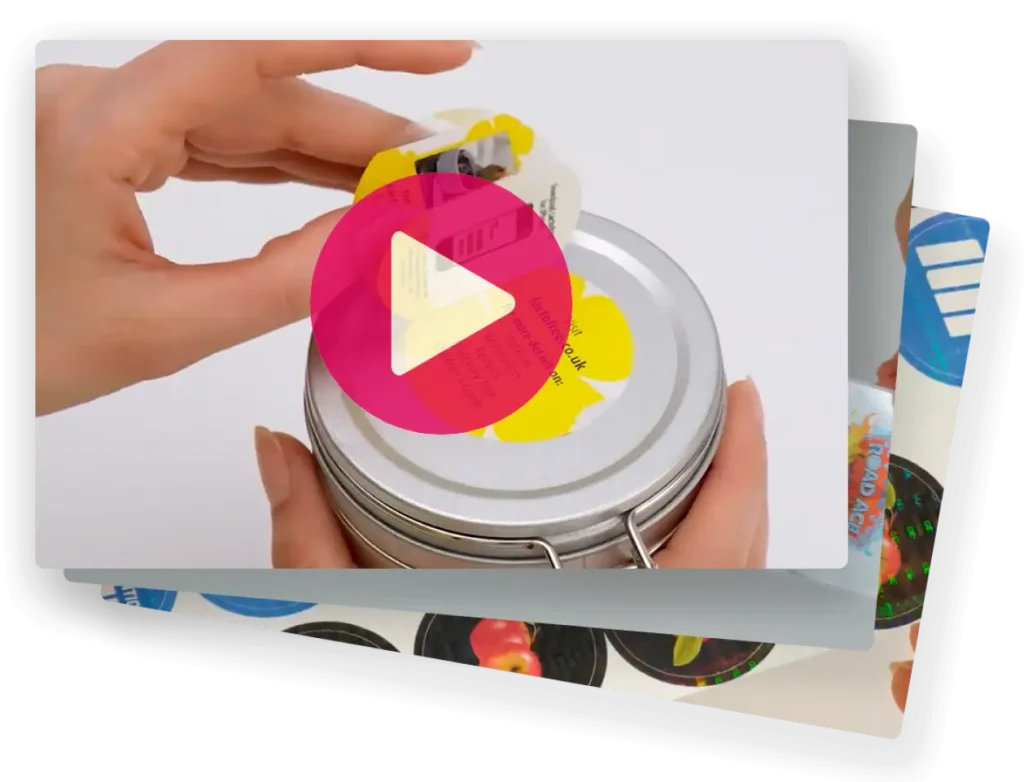Ireland is to become the first country in the world to mandate health labelling on alcoholic drinks to alert people to calorie content, grams of alcohol, risks of cancer and liver disease and dangers of drinking while pregnant. The health minister, Stephen Donnelly, signed the legislation in May and said he looked forward to other countries following the example – a prospect that has worried Italy’s winemakers and people in several other EU member states.
The law would take effect from 22 May 2026 to give businesses time to adapt to a policy that mimics existing rules for other food and drink products, said Donnelly. “With that information, we can make an informed decision about our own alcohol consumption. Packaging of other food and drink products already contains health information and, where appropriate, health warnings. This law is bringing alcohol products into line with that.” Hildegarde Naughton, the minister for public health, wellbeing and the national drugs strategy, said medical evidence showed even low levels of alcohol consumption incurred a cancer risk.
Alcoholic drink providers will be compelled to display the information and warnings on product packaging and also to direct consumers to the website of Ireland’s Health Service Executive for further information on alcohol consumption. Similar information will also be made available in pubs and other licensed premises.
Alcohol consumption in Ireland peaked in 2001 when the average person drank 14.3 litres of pure alcohol a year. That has fallen to 10.2 litres, according to the Health Research Board. The European Commission did not object to Ireland’s plan, which the government flagged last year, despite protests from Italy, Spain and six other EU member states.
Coldiretti, Italy’s biggest farmers’ association, described the “terrifying” warnings as a “direct attack”. “The green light from the European Union for alarmist wine labels in Ireland represents a dangerous precedent as it risks opening the door to other legislation capable of negatively influencing consumer choices.”
France – dangerous precedent
French wine exporters have criticised Ireland’s plans to require extensive health labelling on alcoholic beverages that received the European Commission’s stamp of approval in January, saying it sets a dangerous precedent and could distort competition on the EU single market. Wines and spirits sold in Ireland must be labelled with messages similar to those on cigarette packets from 22 May 2026. “I am delighted that other countries are following our example,” said Irish Health Minister Stephen Donnelly after the Commission’s green light.
However, Ireland’s move is not to the liking of everyone, especially French and European wine exporters. “This measure represents a sharp break with the framework of the single market”, Nicolas Ozanam, General Delegate of the French Federation of Wines and Spirits Exports, FEVS, told EURACTIV France.
Food labelling rules are generally approved at the EU rather than the national level, as they would risk fragmenting the single market by creating different marketing requirements. “The European Commission’s decision is a slap in the face. It sets an extremely dangerous precedent”, Ozanam added. This position is shared by French MEP Irène Tolleret (Renew), co-chair of the European Parliament’s Wine, Spirits and Food Intergroup: “the Commission’s decision to allow Ireland to put ‘alcohol kills’ labels on wine as it does on tobacco” she said on Twitter. “A decision that hinders the single market and penalises winegrowers,” she added.
France is counting on the backing of Italy and Spain, as the three countries, which account for a combined 47% of global wine sales, are working on a joint document to oppose the Irish legislation. “We consider Ireland’s action to be incorrect because it is one thing to inform and invite moderation, which we believe to be right; it is quite another to say that a product, whatever the quantity consumed, is bad for your health”, said Italy’s Agriculture Minister Francesco Lollobrigida.
The text represents a “risk of compromising the coherent harmonisation of European Union legislation. Member states should not adopt legislation on issues already harmonised by EU legislation”, according to Spain’s regulatory wine association, CECRV. However, the European Commission considers that the future health regulations will not undermine the internal market, contrary to the Comité Européen des Entreprises Vins (CEEV) – an association representing European wine companies.
“The provisions included in the Irish labelling regulations are incompatible with current Community law and constitute an unjustified and disproportionate barrier to trade within the framework of Community legislation”, the association’s president, Mauricio González-Gordon, has said. While the future Irish law should apply within three years, the FEVS delegate general hopes to see the legislative framework reconsidered by 2026, either by Ireland or by the European Commission.
Ireland is among Europe’s biggest alcohol consumers and records 1,000 new cases of alcohol-related cancers yearly, according to figures from Action Alcohol Ireland. The new labels will include messages such as “Drinking alcohol causes liver disease” and “There is a direct link between alcohol and fatal cancers”. Nutritional values and calorie numbers must also be made visible to the consumer.
Italy forms coalition
The Italian government is working to block Ireland’s new law requiring health labels on alcoholic products such as wine, a move that, according to one of the governing parties Forza Italia (EPP), breaks the internal market and generates unfounded alarm among consumers.
In Ireland, wine and spirits sold in the country must have health labels from 22 May 2026, allowing for a three-year transition period for the market to adjust. Labelling is to indicate calories, alcohol by volume, as well as alcohol consumption risks associated with pregnancy, liver disease and fatal cancer, the Irish Department of Health said. “I look forward to other countries following our example”, said Irish Health Minister Stephen Donnelly, pointing out that Ireland is the first country in the world to introduce health labelling of alcohol products. But Ireland’s announcement has already received a sharp response from the Italian government.
“We do not agree with Ireland’s choice. It is totally wrong and generates unfounded alarm among consumers. It is not wine as such that is bad, but rather alcohol abuse”, Forza Italia MEP Raffaele Nevi, secretary of the agriculture committee, told EURACTIV. Nevi explains that the Irish law represents a break in the EU internal market, where from 2026, different rules could apply to alcohol products marketed in Ireland compared to other EU countries.
“It is wrong to create national regulations that run ahead of European ones. Europe as a whole must build uniform rules for all member states. We will continue to ask the national government to make its voice heard in Europe”, he added. The new Irish law was not well received by 13 EU states, the World Trade Organisation (WTO), and alcohol producers, who spoke of an “unjustified and disproportionate” barrier.
Italian Agriculture Minister Francesco Lollobrigida (Fratelli d’Italia/ECR) announced that he and Foreign Minister Antonio Tajani (Forza Italia/EPP) are working in synergy with other European countries to oppose Ireland’s choice and defend a market “that is respectful of products from every nation”.
“We consider Ireland’s action incorrect because it is one thing to inform and invite moderation, which we believe is right; it is another thing to say that a product, no matter how much you take, is bad for you”, said Lollobrigida. Concerns initially Italy grew when the European Commission did not issue any formal reaction to the law when it was at the proposal stage, after the formal notification, which, procedurally speaking, counts as giving tacit consent to the plan.
Italy, France and Spain, which account for 47% of all wine bottles produced worldwide, are working together to create a joint document opposing the Irish legislation. Additionally, with Bulgaria, Greece, the Czech Republic, Hungary, Slovakia and Portugal, they are preparing a ‘non-paper’ which requests the Commission start a dialogue with the Irish government.
Lollobrigida also pointed out that Italy, where wine is part of the Mediterranean diet, is the second most long-lived nation in the world, while Ireland struggles with alcoholism. “Perhaps they should work more on information and the correct use of alcohol”, the minister suggested.
Wine, beer and spirits producer associations have lodged official complaints with the European Commission to open infringement proceedings against Ireland. The subject will be discussed again on 21 June. “The attack on Italian wine we are witnessing has nothing scientific about it, and the official numbers of research institutes confirm this”, the Italian Society of Environmental Medicine (Sima) has said, Ansa reported.
“What is needed, if anything, is a real campaign against alcohol abuse by young people, remembering that the leading cause of death of our young people between the ages of 14 and 24 is not cancer, but alcohol-related road accidents”, said Sima President Alessandro Miani.
Spirits Europe asking for investigation
Trade association Spirits Europe is asking the European Commission to investigate proposed alcohol labelling rules in Ireland for allegedly breaching EU law. Spirits Europe and The Comité Européen des Enterprises Vins (CEEV) both filed complaints to request that the European Commission opens an infringement procedure against Ireland’s controversial plans for new alcohol labelling legislation. Spirits Europe said the draft regulation represents a ‘disproportionate trade barrier hampering the free movement of goods’.
In practice, the trade body argues this would prevent economic operators from selling alcoholic beverages legally sold in all other EU member states in Ireland, unless the products were re-labelled with additional information. This additional information would include grams of alcohol and the number of calories, as well as health warnings. Spirts Europe said this would make it ‘considerably more complex’ and ‘more expensive’ for non-Irish producers and distributors from within and outside of the EU to make their products available to Irish consumers.
Ulrich Adam, director general of Spirits Europe, said: “For good reasons, the right to restrict the freedom of movement of goods in the single market is subject to strict rules: trade barriers must be justified and proportionate, meaning that no other options, less restrictive of the trade between member states are available to Ireland. “We believe Ireland has failed to demonstrate the admissibility of their measures on both these criteria.”
The planned restrictions would ‘undermine the integrity and functioning’ of the EU’s single market, said Spirits Europe, as well as hamper trade with third countries. Adam continued: “In addition, the Commission is bound to present new, harmonised labelling rules for alcoholic beverages soon. In such a situation, common practice has it that plans for deviating national rules should be paused. We fully acknowledge and respect Ireland’s right to take action to ensure a high level of protection of the public health of its citizens. Numerous meaningful, proportionate, and evidence-based public health measures to help reduce alcohol-related harm are available. “However, it would appear that Ireland conducted an insufficient analysis of the proportionality of their particular policy choices on labelling, as other suitable, yet less restrictive options to trade clearly exist.”
Spirits Europe is an organisation that represents the interests of the spirits sector from 31 national associations and eight leading multinational companies.














